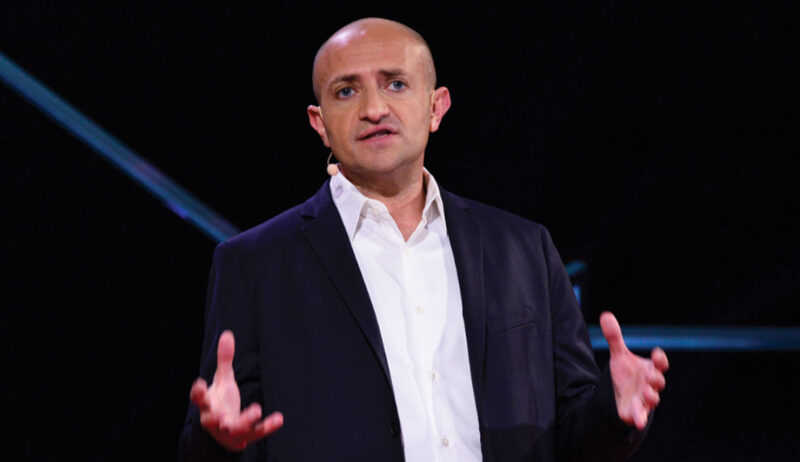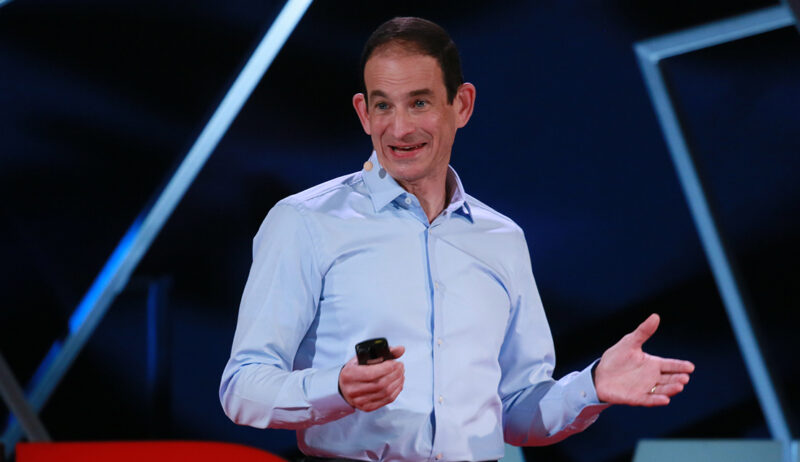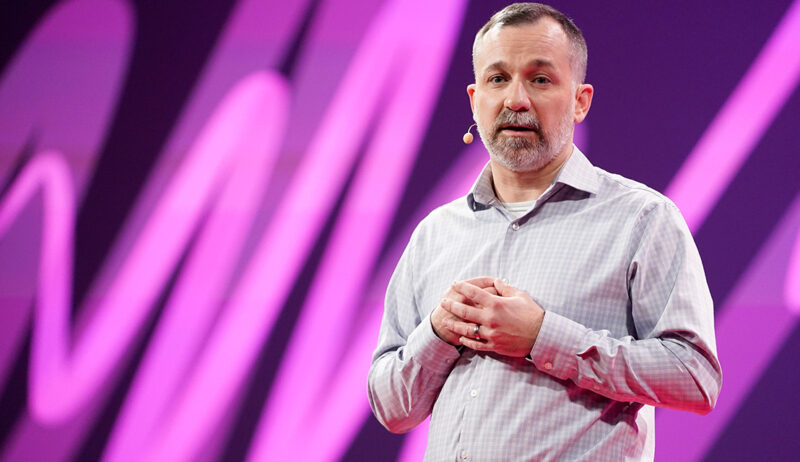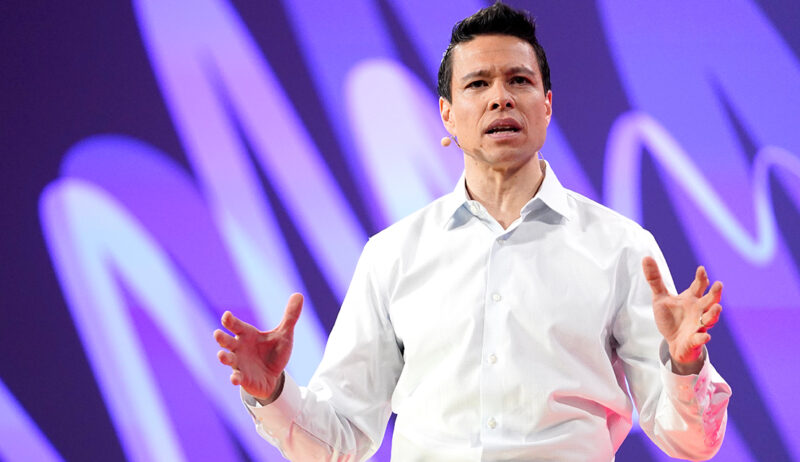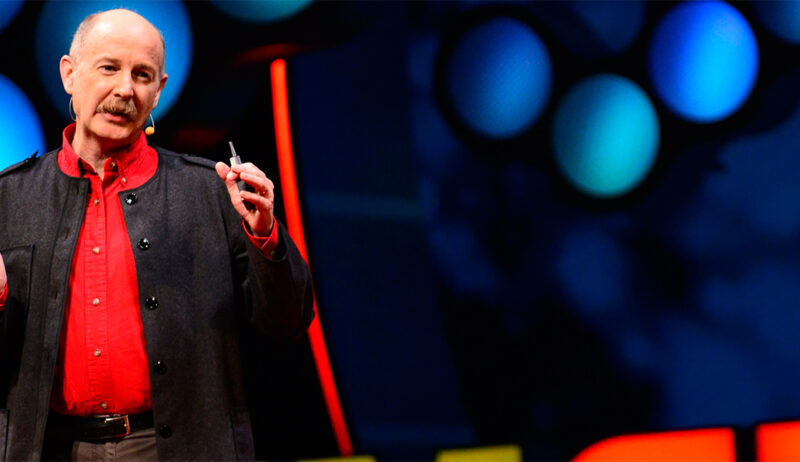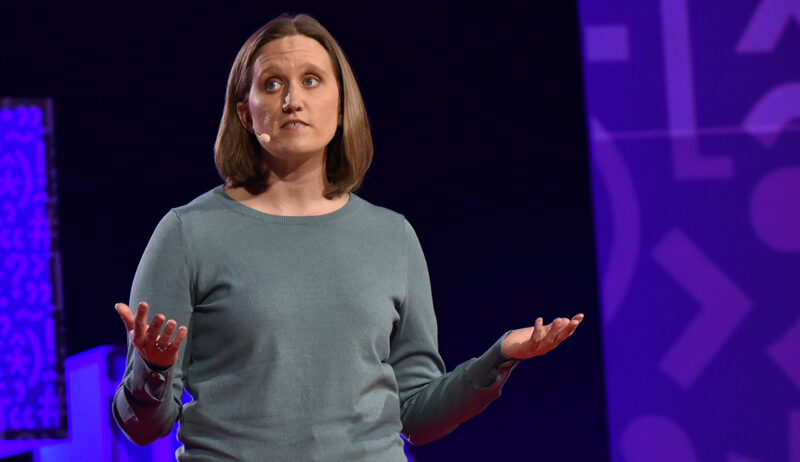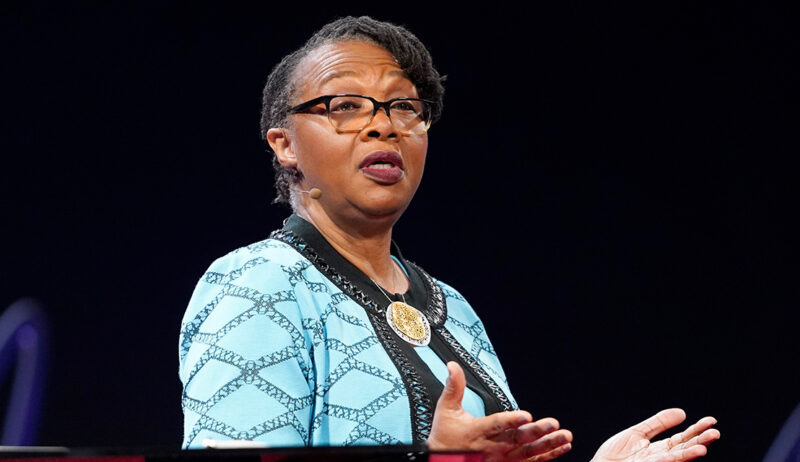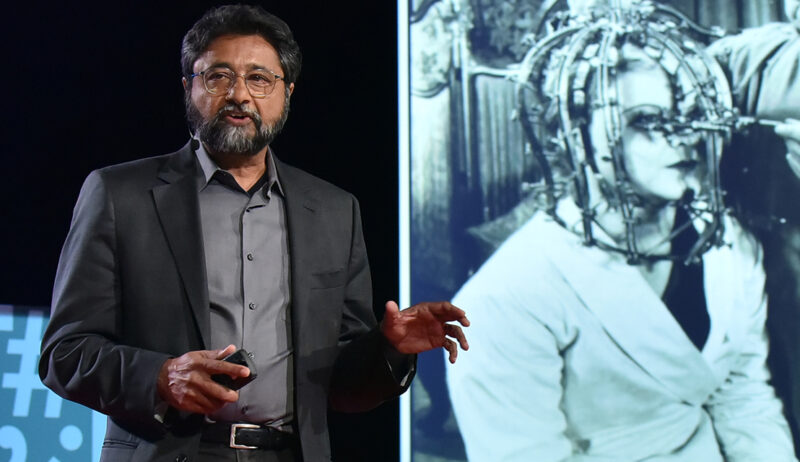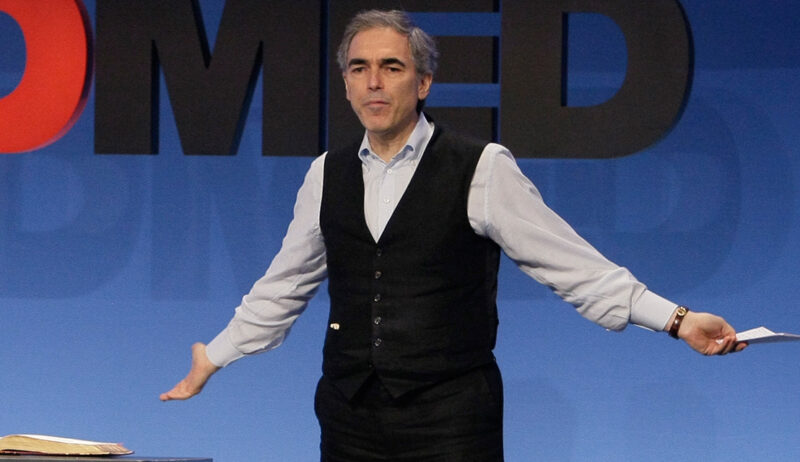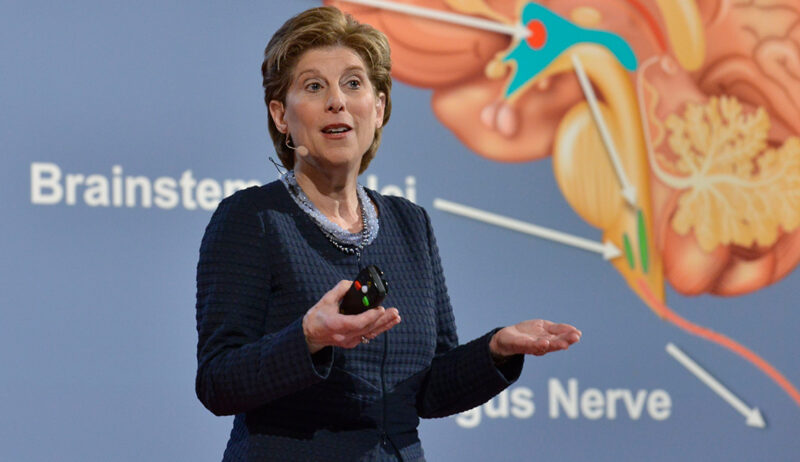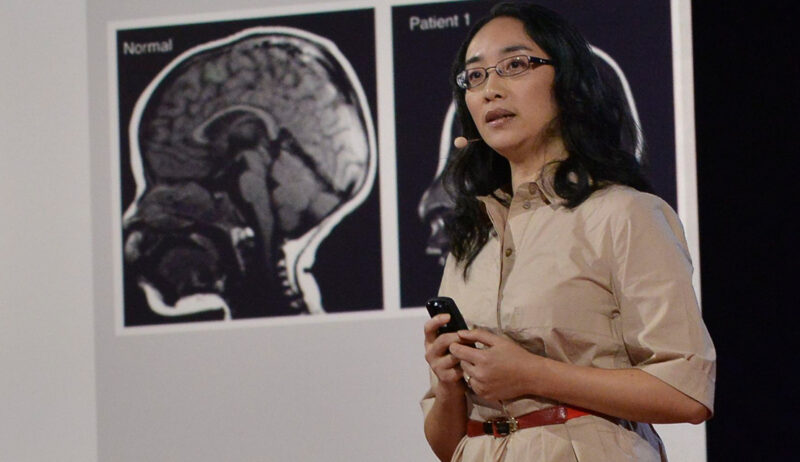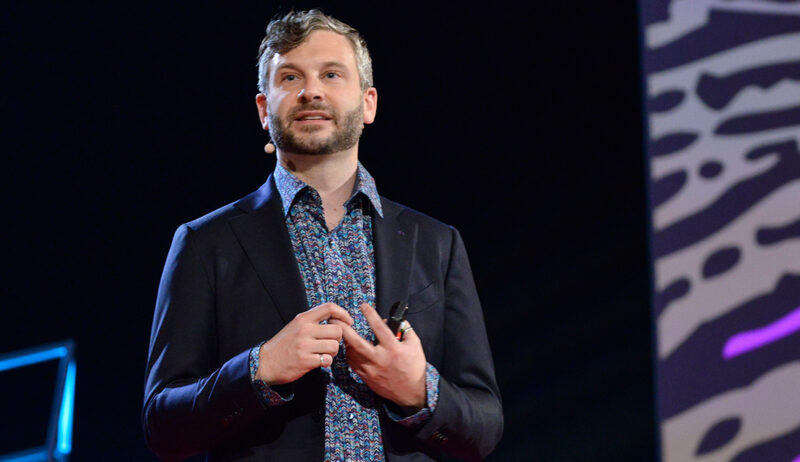About this talk
Tomás Ryan, an assistant professor at Trinity College Dublin, focuses his work on understanding the basic neurobiology and neuroarchitecture of our memories. In his 2016 TEDMED Talk, Tomás challenges conventional notions of how our brains store and retrieve memories with new findings that suggest our memories may never actually be lost, but simply become inaccessible.
About Tomás Ryan
See more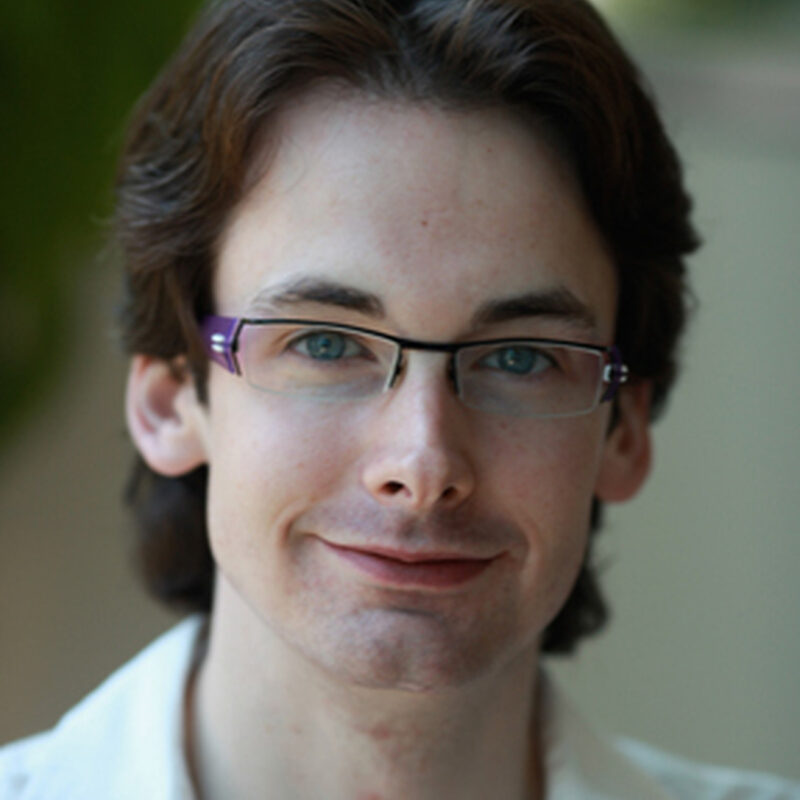
About TomÁs
Dr. Tomás Ryan is a leading neuroscientist who studies how the brain forms and stores memories. After completing his education in Dublin and Cambridge, he did research at the Picower Institute for Learning and Memory at MIT. This work focused on the “neuroarchitecture of memory,” which is a fancy way of saying he studies the physical and biological structures that hold our memories. Tomás and his team made a groundbreaking discovery by experimenting with mice that had amnesia. They found that memories thought to be lost due to brain damage or disease might not be gone forever. Instead, they discovered that these memories could still exist in the brain and could potentially be brought back. This exciting discovery challenged the traditional belief that amnesia meant a memory was completely erased. Today, Tomás is an Assistant Professor at Trinity College Dublin in Ireland. He leads a research group that continues to explore the basic biology of memory. His work is very important because it offers hope for developing new treatments for people with memory loss. His research could one day lead to ways to help patients with amnesia caused by trauma, stress, or conditions like dementia and Alzheimer’s disease to remember things they thought were forgotten.
